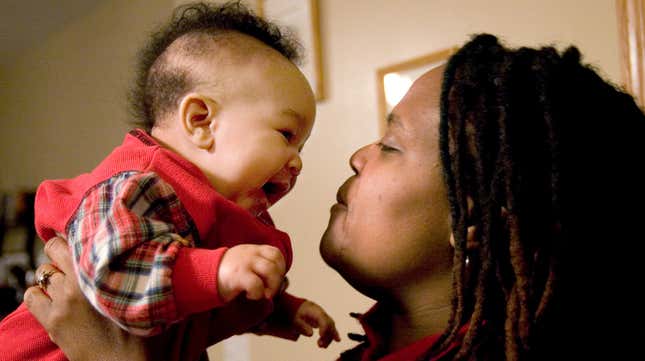Women's Health Improves When They Have Help While Recovering From Child Birth, Go Figure
Latest

While America continues on its punishing trajectory for women, Sweden is just doing its thing and crafting policies to achieve greater gender equality. New parents in Sweden have 16 months of paid time off between them (while in America, new parents get no paid time off), and can divide most of time as they see fit until the child is 12 years old. Until 2012, there was one major restriction—parents couldn’t take paid leave at the same time. In 2012, however, Sweden pulled back that restriction. Now, through the first year after birth, the partner who didn’t give birth (the policy is gender neutral) is also allowed to take up to 30 days of unplanned, paid time off as needed, when the birth parent is still on leave.
Stanford researchers studied the effects of Sweden’s policy change in households with mothers and fathers sharing these early parenting responsibilities and found that, when a partner helps with care, women’s health improves. (Though Sweden’s law is gender neutral, the Stanford study was limited to heterosexual households.) Before the 2012 amendment, a typical mother in Sweden would take 14 months off, and the father would take the last two months, Rossin-Slater explained to Jezebel. The “typical mother was alone for 14 months with the child,” she said.
-

-

-

-

-

-

-

-

-

-

-

-

-

-

-

-

-

-

-

-

-

-

-

-

-

-

-

-

-

-

-

-

-

-

-

-

-

-

-

-








































